Finding the best laptops for programming is essential for developers who demand powerful, efficient machines.
These laptops should handle intensive coding tasks, run virtual machines, and compile code rapidly. Whether you’re a seasoned developer or a coding student, this guide provides insights into the top options available in 2024, showcasing laptops that balance performance, portability, and value.

Why Choosing the Best Laptop for Programming Matters
A developer’s laptop needs to be more than just a tool—it should be a reliable partner that enhances productivity without causing lags or disruptions. From handling complex Integrated Development Environments (IDEs) to running multiple databases concurrently, your laptop’s processing power, RAM, and display quality all play crucial roles in your programming efficiency.
Explore More: Understanding IDEs for Programmers
Top Picks for the Best Laptops for Programming in 2024
1. Dell XPS 15: Best Overall Laptop for Programming
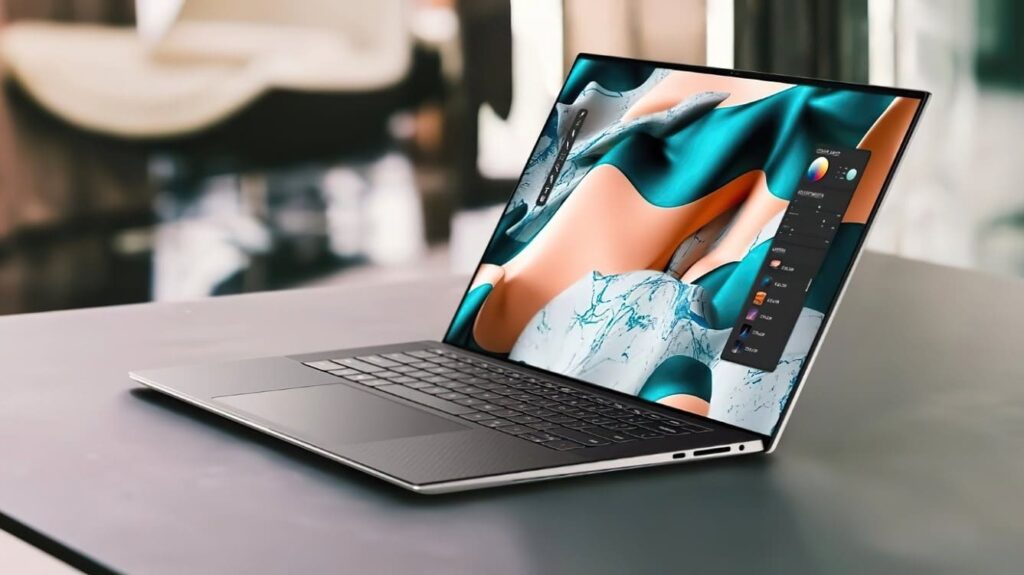
The Dell XPS 15 stands out for its powerful Intel Core i7 processor and 16GB RAM, making it ideal for developers who need a reliable and efficient machine. Its 15.6-inch 4K display enhances visibility, perfect for long coding sessions involving detailed graphics or UI design.
- Specifications:
- CPU: Intel Core i7
- RAM: 16GB
- Storage: 512GB SSD
- Display: 15.6-inch 4K UHD
- Battery Life: Up to 10 hours
- Pros:
- High-performance specs
- Stunning 4K display
- Robust build quality
- Cons:
- Higher price point
- Slightly heavier
- Verdict: The Dell XPS 15 is the best overall choice for those who need a versatile and powerful programming laptop, capable of handling diverse development tasks with ease.
Pro Tip: Combine it with an external monitor for a dual-screen setup, boosting productivity during coding marathons.
2. MacBook Air M3: Best Lightweight Laptop for Developers
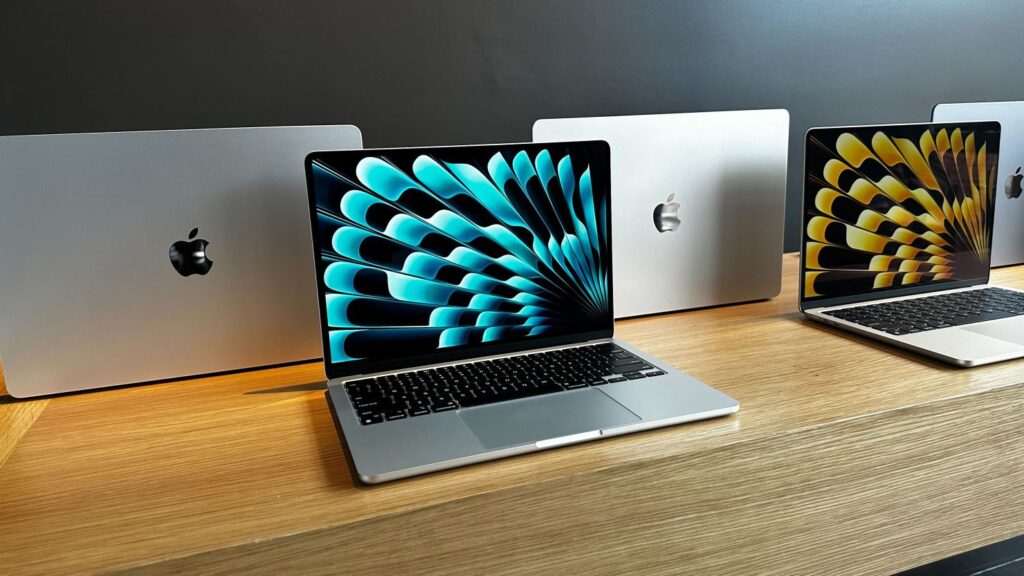
The MacBook Air M3 offers exceptional portability without sacrificing performance, thanks to Apple’s M3 chip. Its lightweight design makes it perfect for developers on the move, while the Retina display provides excellent clarity for coding.
- Specifications:
- CPU: Apple M3 chip
- RAM: 8GB
- Storage: 256GB SSD
- Display: 13.6-inch Retina
- Battery Life: Up to 18 hours
- Pros:
- Lightweight and portable
- Long battery life
- Superior display quality
- Cons:
- Limited port options
- Higher cost for upgraded models
- Verdict: Ideal for developers needing a portable laptop, the MacBook Air M3 balances performance and efficiency, particularly for those immersed in the Apple ecosystem.
Pro Tip: Use software like Parallels to run Windows applications if needed, expanding your development versatility.
Additional Resource: Parallels Software for MacBook Users
3. Acer Aspire 5: Best Budget Laptop for Programming Students
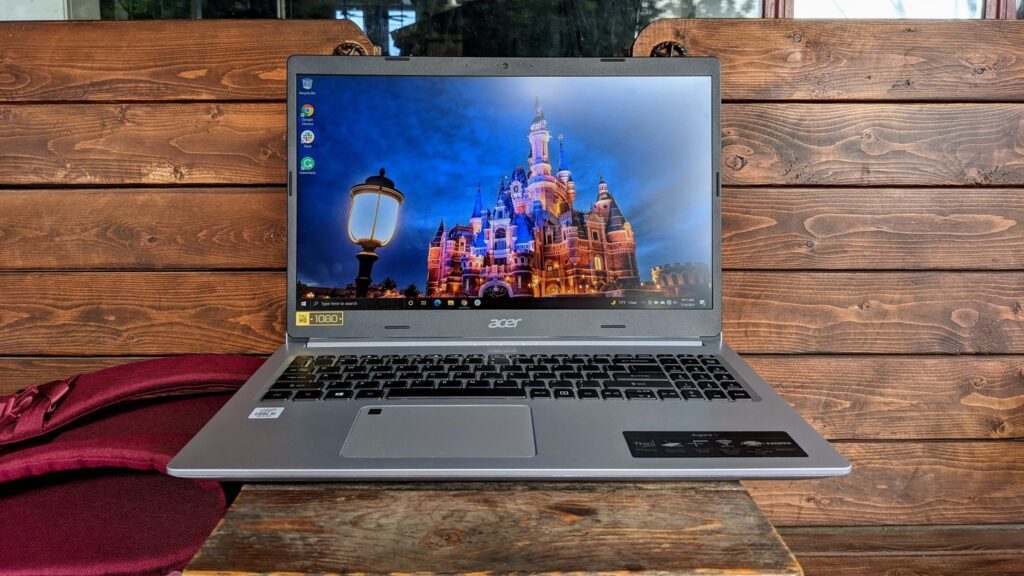
The Acer Aspire 5 delivers solid performance at an affordable price, featuring an Intel Core i5 processor and 8GB RAM. It’s suitable for beginner developers or students who need reliable functionality without breaking the bank.
- Specifications:
- CPU: Intel Core i5
- RAM: 8GB
- Storage: 256GB SSD
- Display: 15.6-inch Full HD
- Battery Life: Up to 10 hours
- Pros:
- Affordable price
- Good performance for everyday tasks
- Ample storage for budget option
- Cons:
- Basic design
- Limited performance for heavy multitasking
- Verdict: The Acer Aspire 5 is an excellent choice for those on a tight budget, providing the essential features needed for programming tasks.
Pro Tip: Upgrade the RAM to 16GB for better multitasking performance if budget allows.
4. ASUS ROG Zephyrus G14: Best High-Performance Laptop for Developers
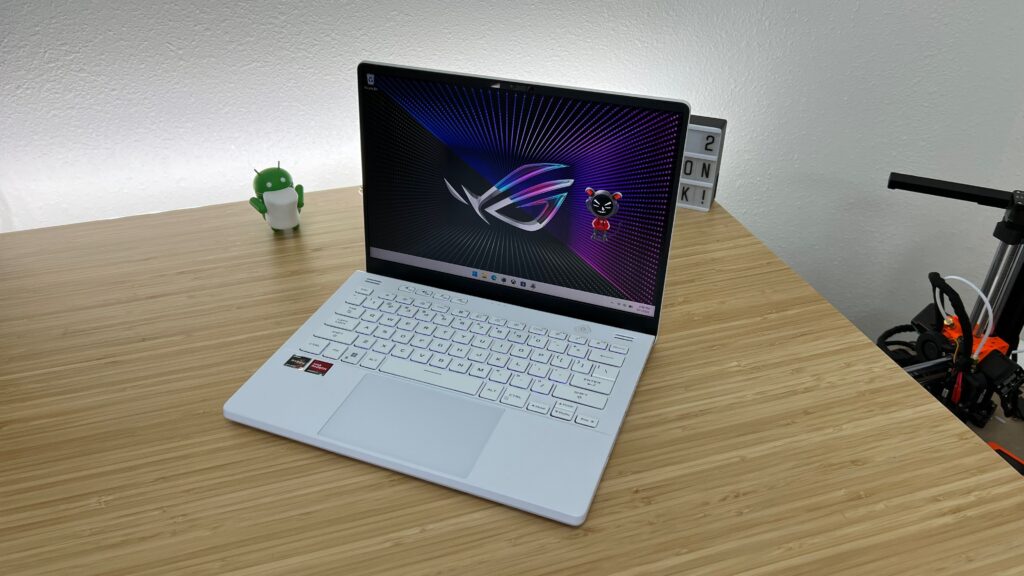
For power users, the ASUS ROG Zephyrus G14 features an AMD Ryzen 9 processor and NVIDIA GeForce GPU, delivering extreme performance for demanding programming environments, including game development or AI projects.
- Specifications:
- CPU: AMD Ryzen 9
- RAM: 16GB
- Storage: 1TB SSD
- Display: 14-inch WQHD
- Battery Life: Up to 10 hours
- Pros:
- Outstanding performance
- High-quality graphics
- Compact design for a gaming laptop
- Cons:
- Expensive
- Louder fans under heavy load
- Verdict: For developers requiring top-tier performance, the ASUS ROG Zephyrus G14 handles the most demanding programming tasks with ease.
Pro Tip: Utilize the powerful GPU for CUDA-enabled applications, enhancing computation-heavy programming work.
5. HP Spectre x360: Best 2-in-1 Convertible Laptop for Coding
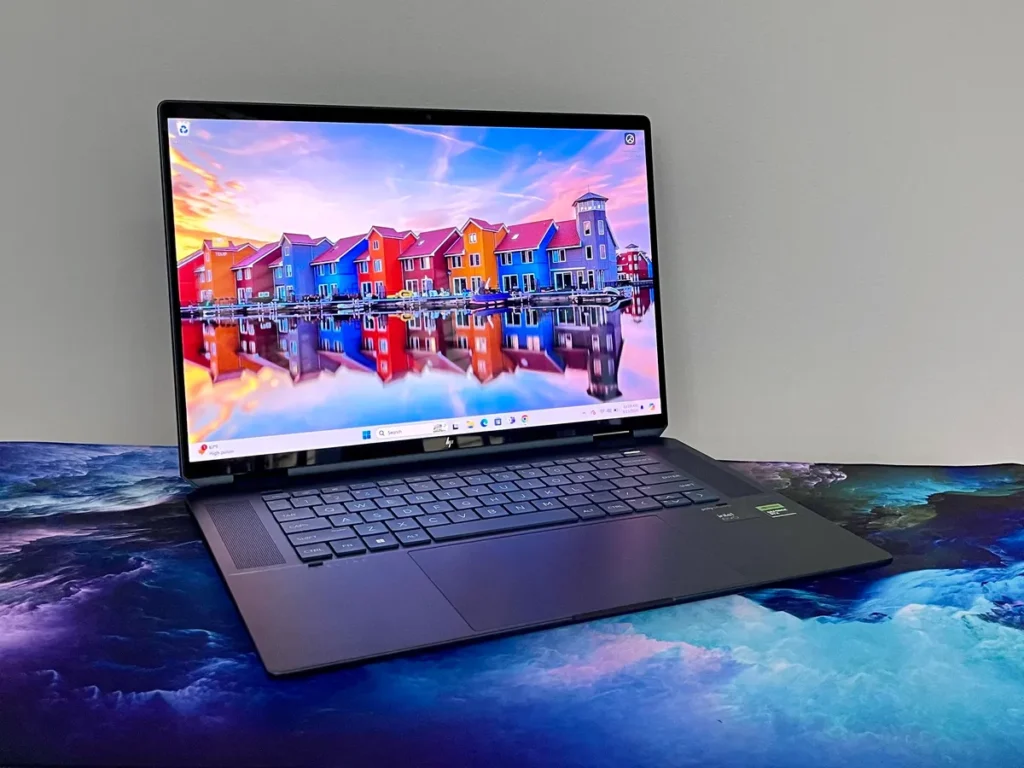
The HP Spectre x360 offers the flexibility of a 2-in-1 design, equipped with an Intel Core i7 processor and 16GB RAM. It’s perfect for developers who appreciate the ability to switch between laptop and tablet modes.
- Specifications:
- CPU: Intel Core i7
- RAM: 16GB
- Storage: 512GB SSD
- Display: 13.3-inch Full HD Touch
- Battery Life: Up to 14 hours
- Pros:
- Versatile convertible design
- Long battery life
- Solid performance
- Cons:
- Premium price
- Limited ports
- Verdict: The HP Spectre x360 is ideal for developers seeking a convertible laptop that offers both power and flexibility for programming tasks.
Pro Tip: Use the touchscreen with a stylus for intuitive coding and design work.
External Resource: Stylus Options for HP Spectre x360
6. Lenovo ThinkPad X1 Carbon: Best Laptop for Hardware Programming
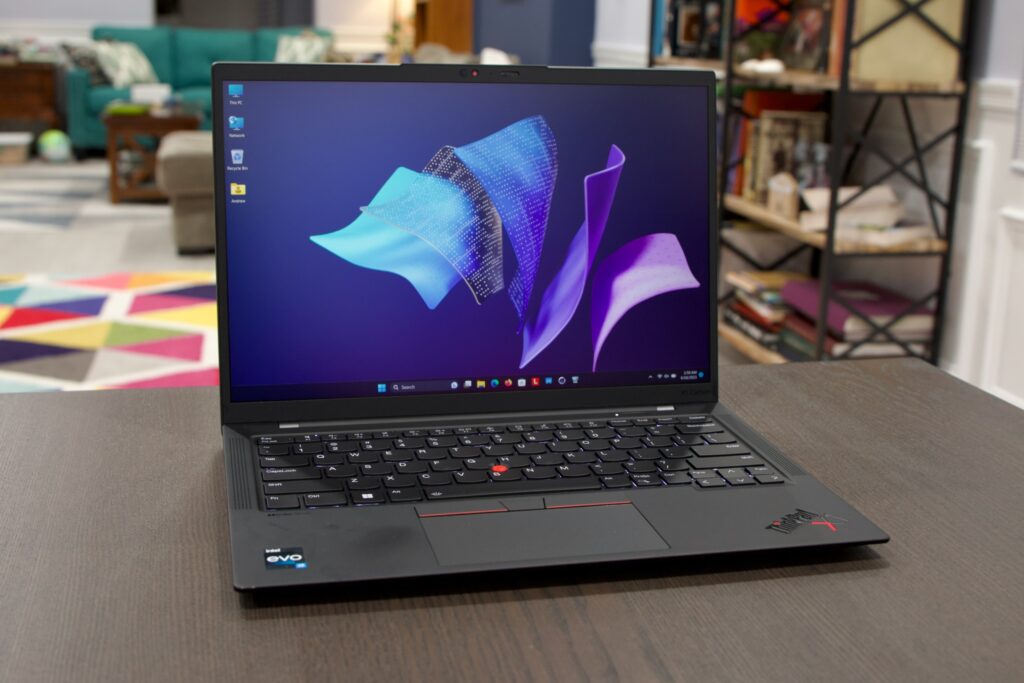
The Lenovo ThinkPad X1 Carbon is renowned for its exceptional keyboard and robust build, making it perfect for hardware programmers. It features an Intel Core i7 processor and excels in both performance and reliability.
- Specifications:
- CPU: Intel Core i7
- RAM: 16GB
- Storage: 512GB SSD
- Display: 14-inch Full HD
- Battery Life: Up to 15 hours
- Pros:
- Excellent keyboard
- Durable design
- High performance
- Cons:
- Expensive
- Moderate graphics capability
- Verdict: For developers focused on hardware programming, the Lenovo ThinkPad X1 Carbon offers the durability and performance necessary for intensive development work.
Pro Tip: Take advantage of its robust security features for safe data handling.
7. Dell XPS 13: Best Ultrabook for Programming and Portability
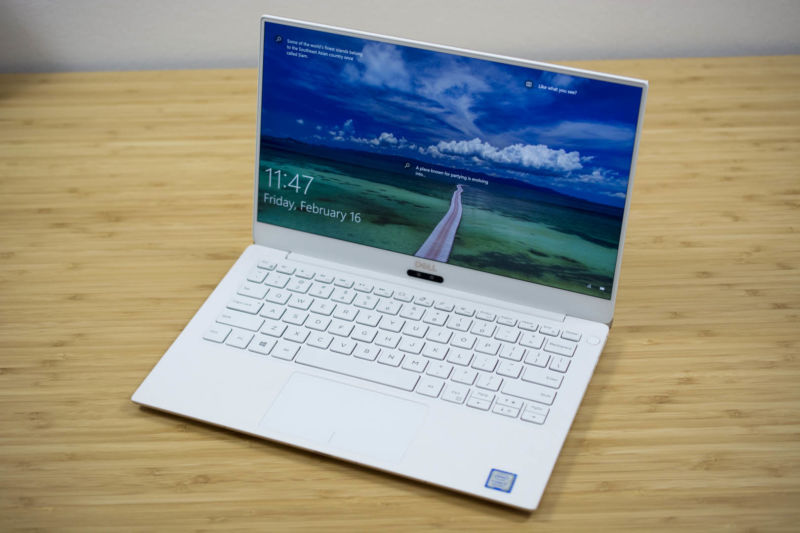
The Dell XPS 13 combines elegant design with powerful specs, featuring an Intel Core i5 processor and 8GB RAM. It’s perfect for developers who need a beautiful, thin, and light ultrabook.
- Specifications:
- CPU: Intel Core i5
- RAM: 8GB
- Storage: 256GB SSD
- Display: 13.3-inch Full HD
- Battery Life: Up to 12 hours
- Pros:
- Sleek design
- Lightweight
- Quality display
- Cons:
- Limited storage for higher-end applications
- Minimal ports
- Verdict: The Dell XPS 13 is the perfect ultrabook for developers prioritizing portability and style without compromising on performance.
Pro Tip: Utilize cloud storage solutions to mitigate storage limitations.
8. MacBook Pro 14-inch: Best MacBook for Professional Programmers
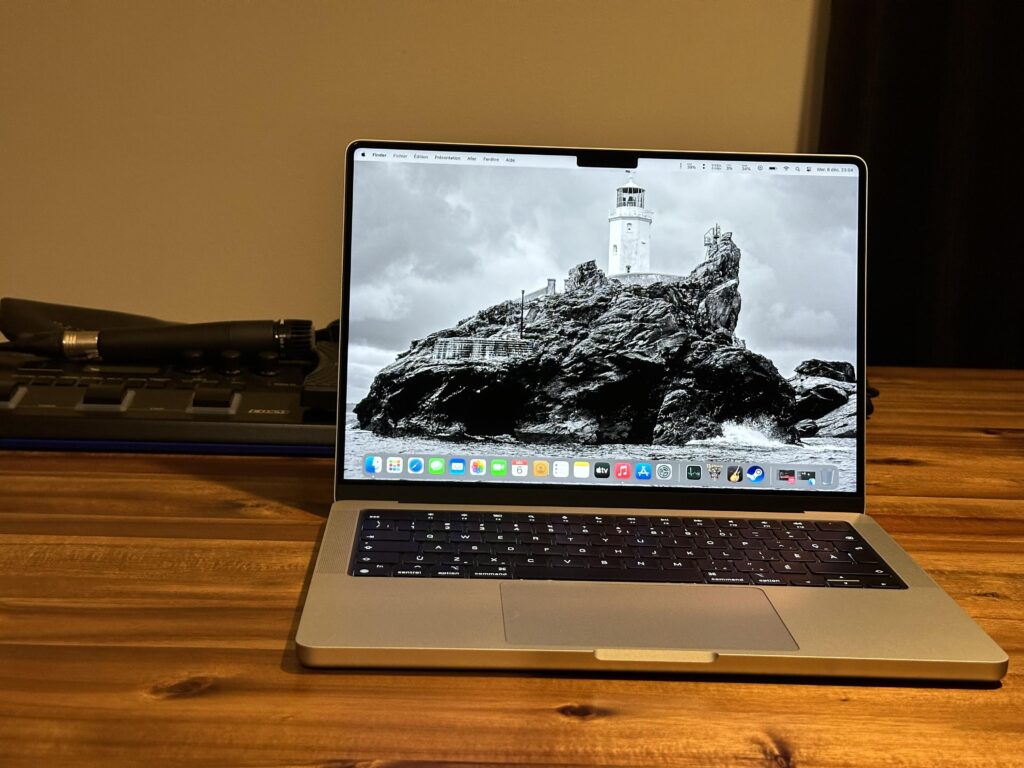
The MacBook Pro 14-inch with Apple’s M3 Pro chip provides remarkable processing power and graphics performance, making it an excellent choice for developers who prefer macOS.
- Specifications:
- CPU: Apple M3 Pro chip
- RAM: 16GB
- Storage: 512GB SSD
- Display: 14-inch Retina XDR
- Battery Life: Up to 17 hours
- Pros:
- Stellar performance
- Exceptional display quality
- Long battery life
- Cons:
- Pricey
- Limited upgrade options
- Verdict: For developers dedicated to macOS, the MacBook Pro 14-inch is unmatched in performance and display, meeting professional programming needs with finesse.
Pro Tip: Leverage the unified memory architecture for seamless multitasking across various development environments.
More on MacBook Specs: Apple’s M3 Pro Technology
9. Razer Blade 15: Best for Game Development and Programming
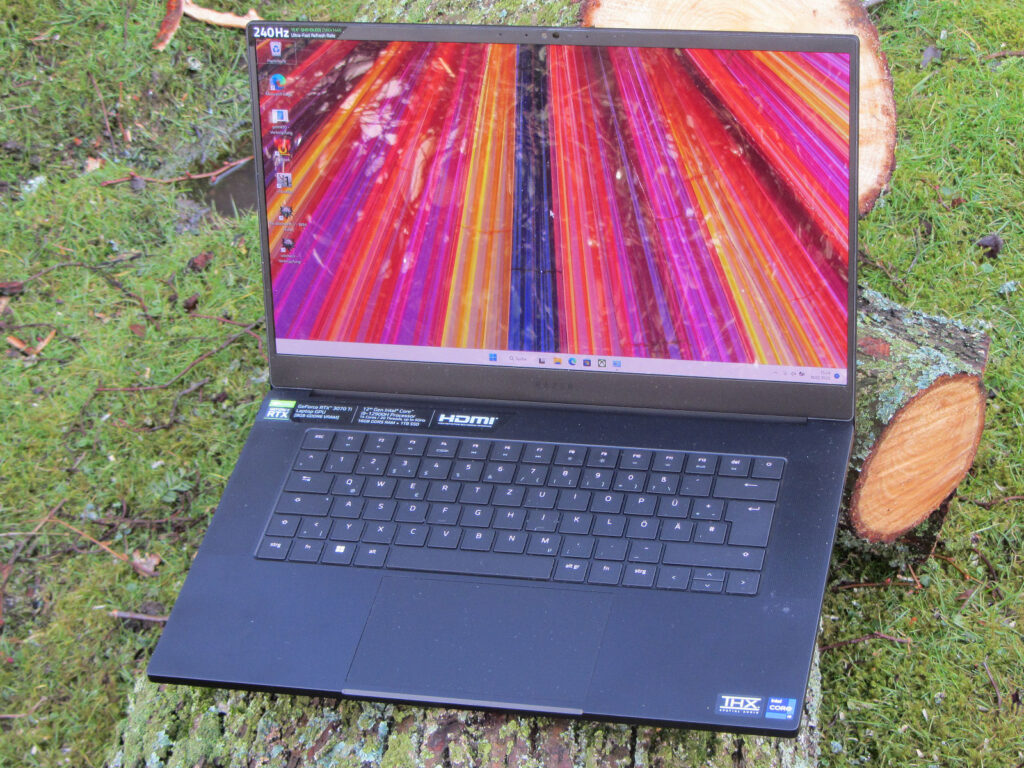
The Razer Blade 15 offers incredible performance for game development with its Intel Core i9 processor and NVIDIA GeForce RTX graphics, delivering the speed and power needed for developing and testing games.
- Specifications:
- CPU: Intel Core i9
- RAM: 32GB
- Storage: 1TB SSD
- Display: 15.6-inch QHD
- Battery Life: Up to 6 hours
- Pros:
- Exceptional performance
- Top-notch graphics
- Premium build quality
- Cons:
- High cost
- Lower battery life under heavy use
- Verdict: For game developers, the Razer Blade 15 provides everything needed to design, develop, and test demanding games, ensuring projects are created with precision and efficiency.
Pro Tip: Pair with an external GPU dock when stationary for expanded graphical capabilities and rendering power.
Buying Guide: How to Choose the Best Laptop for Programming
Selecting the right laptop for programming depends on several key factors. Here’s what you should consider:
Key Considerations:
- Processor (CPU):
- Choose a laptop with at least an Intel Core i5 or AMD Ryzen 5 processor. For more intensive tasks like game development or machine learning, opt for higher-end processors like Intel Core i7/i9 or AMD Ryzen 7/9.
- RAM:
- 8GB RAM is the minimum recommended, with 16GB or more ideal for multitasking and running heavy IDEs or virtual machines.
- Storage:
- SSDs provide faster boot times. Aim for at least 256GB, with 512GB or more preferred for storing large projects.
- Display:
- A Full HD (1920×1080) display is standard. Consider higher resolution for better productivity if you work with detailed graphics.
- Graphics:
- For game development or GPU acceleration needs, consider laptops with discrete GPUs like NVIDIA GeForce GTX/RTX series.
- Portability:
- Evaluate weight and battery life if mobility is crucial. Laptops weighing under 3 pounds with longer battery life suit on-the-go development.
- Operating System:
- Choose based on your development environment. Windows offers broad compatibility; macOS is ideal for iOS development, while Linux-compatible laptops can be considered for open-source programming.
Additional Tips:
- Future-Proofing: Invest in slightly better specs to ensure longevity.
- Support & Warranty: Opt for models with robust customer support and warranty.
Relevant Article: Why Future-Proofing Your Laptop Matters

Conclusion
Choosing the right laptop is critical for developers, influencing productivity and managing complex coding projects. This guide helps navigate the selection of the best programming laptops in 2024, offering tailored recommendations for different needs. Evaluate based on performance demands, budget, and workflow to make an informed decision, ensuring a productive development experience.
By following these suggestions and considerations, you can confidently select a programming laptop that supports your educational and professional goals in the exciting field of programming.
Frequently Asked Questions
What should I consider when buying a laptop for programming?
When purchasing a programming laptop, consider factors like processor power (CPU), sufficient RAM (at least 8GB, ideally 16GB+), SSD storage for faster performance, display quality, and operating system compatibility. Additionally, assess your specific needs, such as portability if you’re frequently traveling, or a dedicated GPU for game development.
Is a dedicated graphics card necessary for programming?
A dedicated graphics card isn’t essential for most programming tasks but can be beneficial if you’re involved in game development, graphic design, or running graphically intensive applications. For general software development, an integrated graphics card is typically sufficient.
How much RAM do I need for coding and programming tasks?
For most programming tasks, 8GB of RAM is a minimum requirement. For more intensive work, like running virtual machines, heavy multitasking, or game development, 16GB or more is recommended to ensure smooth performance.
Which OS is best for programming: Windows, macOS, or Linux?
The best OS largely depends on your development needs and personal preference. Windows offers wide compatibility with various software, macOS is ideal for iOS app development, and Linux is favored for open-source development and server-side applications. Consider what environments and applications you primarily work with.
Can I use a gaming laptop for programming?
Yes, gaming laptops often have robust CPUs and dedicated GPUs, making them suitable for programming, especially for game development. However, they may be bulkier and have shorter battery life compared to typical productivity laptops.
What are some budget-friendly laptops for beginner developers?
For beginners, laptops like the Acer Aspire 5 or other models with Intel Core i5 or AMD Ryzen 5 processors, 8GB RAM, and SSD storage are cost-effective choices. These laptops offer reliable performance for learning and executing basic programming tasks without a high financial investment.